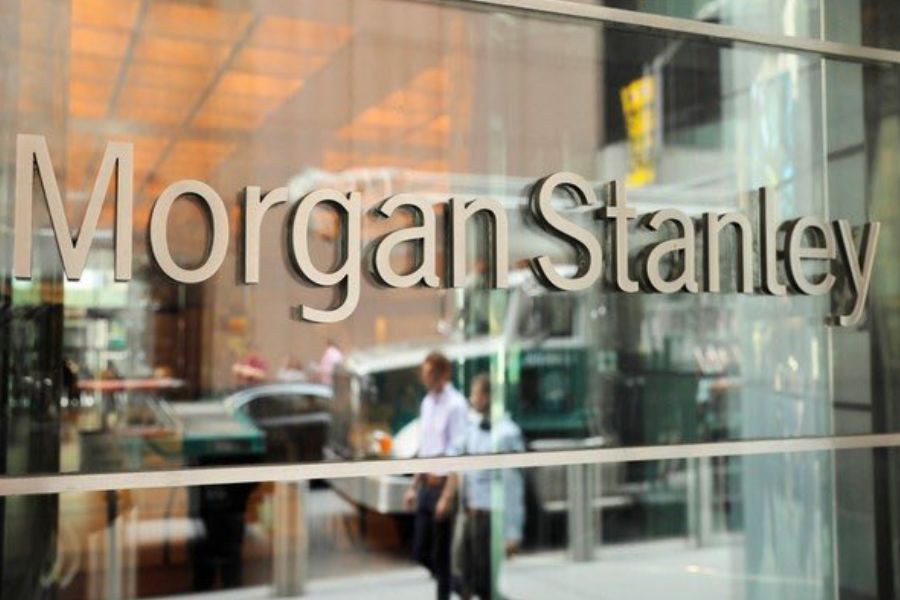A weak coalition at the Centre after the 2024 elections along with the rising price of crude pose a major threat to financial markets that are grappling with volatile equities, lacklustre results and high interest rates globally, Morgan Stanley said.
Economists at the foreign brokerage said a weak coalition "could result in a pivot back toward redistributive policies at the expense of the focus on boosting capital expenditure and implementing supply-side reforms”.
Its economists further cautioned that if crude oil prices reach $110 per barrel, the Reserve Bank of India (RBI) would be forced to resume the hikes in interest rates which have been kept in abeyance over four monetary policy meetings.
While benchmark Brent crude is now trading at around $86 per barrel, it crossed the $95 mark last month amid supply tightness.
Concerns about weak global economic growth have kept prices under check at least for now.
The brokerage had averred in September that the Sensex could swing in a range of +5 per cent to - 40 per cent range depending on the outcome of the general elections next year.
The report — One Billion Voters: Will they please the market — had said the wide swing underpinned how important the elections could be to the market in the short run.
If the I.N.D.I.A. alliance formed a viable pre-poll alliance that results in bilateral contests with the BJP-led NDA, the market could become less bullish.
According to its latest report, a $10 rise in oil prices would see inflation rising 50 basis points, while contributing to a 30 basis-point widening in the current account balance.
It warned that a sustained rise in oil prices above $110 a barrel would destabilise India’s economy resulting in higher domestic fuel prices and second-round inflationary impacts.
“With macro stability indicators stretched under this scenario, we think currency depreciation pressures could rise and lead the Reserve Bank of India to restart its rate hike cycle,” its economists said.
The report added that a sustained oil price of around $95 per barrel would be manageable for the Indian economy and in such a situation, the RBI will not hike rates.
Meanwhile, India has emerged among top countries with high income and wealth inequality but the share of the population living in multidimensional poverty fell from 25 to 15 per cent between 2015-16 and 2019-21, the UNDP said in a new report.
The 2024 Asia-Pacific Human Development Report, launched on Monday, paints a qualified picture of long-term progress but also persistent disparity and widespread disruption.











